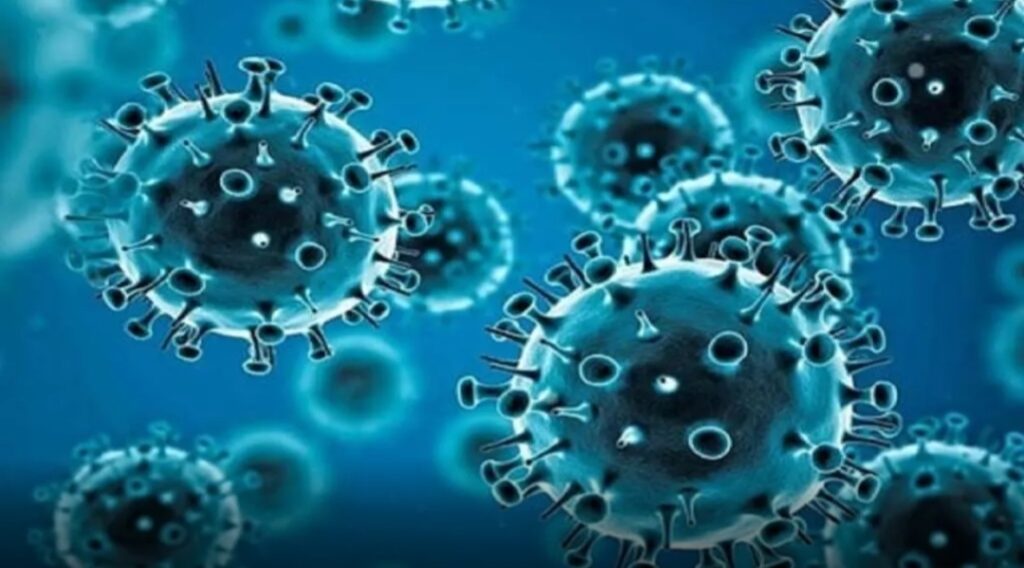New York, June 30 (IANS) Long Covid is not a single condition, and should not be treated as such, according to a new study.
According to researchers from the University of Washington, most long Covid studies have focused primarily on the individual symptoms without considering clusters or patterns of symptoms.
The new study, published in the Open Forum of Infectious Diseases, looked at persistent symptoms experienced by nearly 6,000 patients with Covid both at three- and six-month intervals.
The four major symptom categories for people who tested positive for Covid-19 included: minimal symptoms (72 per cent of the cases); tiredness, headache and muscle/joint aches (17 per cent of cases); tiredness, headache and muscle/joint aches with loss of taste and smell (5 per cent of cases); and symptoms across multiple systems (6 per cent of cases).
“This study is clinically significant because it shows how the long-term symptoms from the virus changes its presentation over time,” said Kari Stephens, senior author and Professor at the varsity’s School of Medicine.
“This study also gives providers information about how long-term outcomes for Covid may look and present in patients over time.
“This study will help us understand how we need to treat long Covid over time, in very specific ways for each patient depending on how their symptoms present.”
This study is unique in that people were able to report symptoms directly, regardless of whether or not they received medical care.
“While it is becoming increasingly clear that long Covid is not a singular condition, having data showing several distinct, symptom-defined phenotypes is a strong step towards developing evidence-driven approaches to treat the millions of people who continue to experience lingering symptoms,” said lead author Michael Gottlieb, vice chair of research for emergency medicine at Rush University Medical Center.
The 5,963 participants began self-reporting symptom data via detailed surveys beginning in December 2020 and were followed for up to 18 months. In all, 4,504 of the participants tested positive for Covid-19 and 1,459 tested negative.

